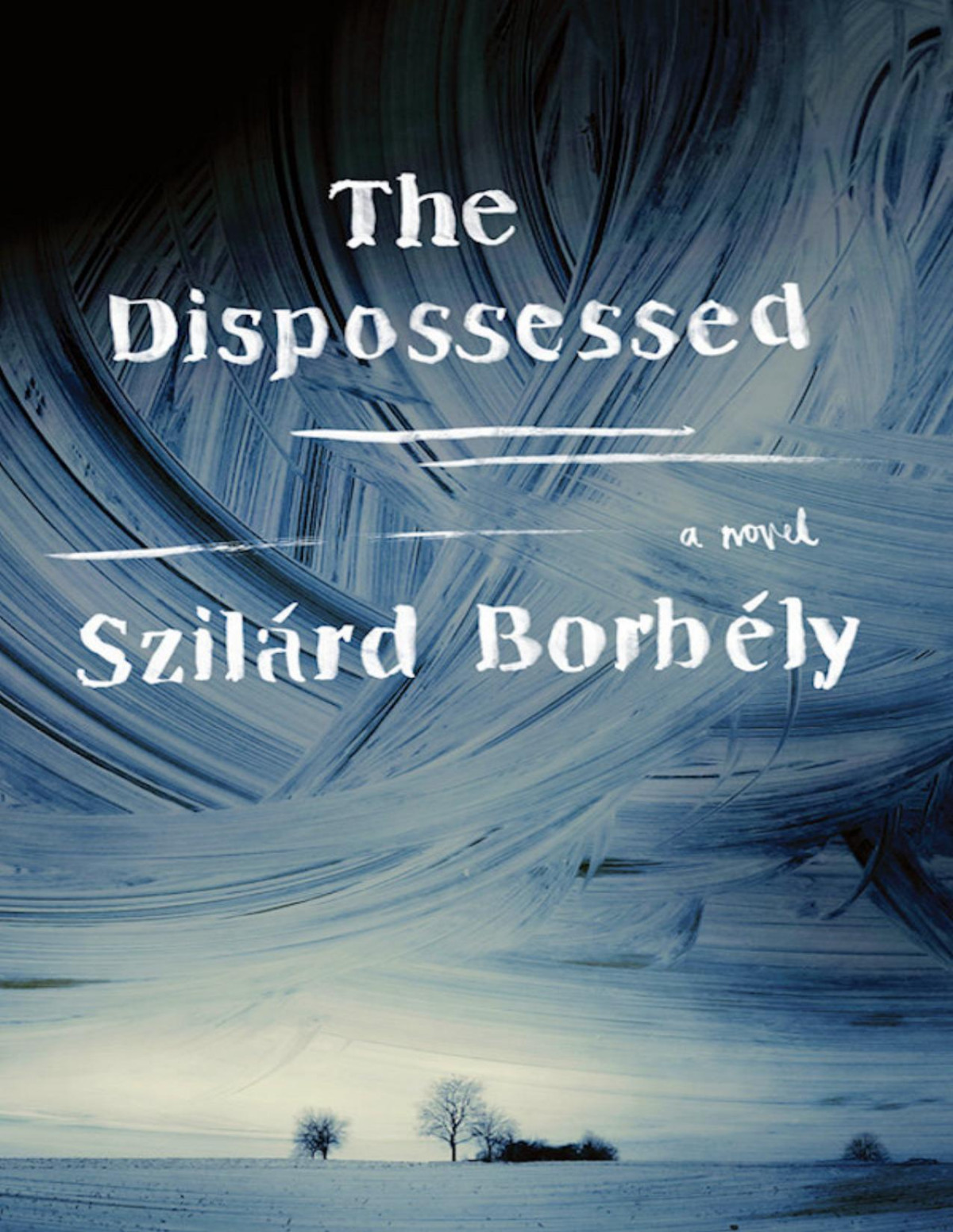

Most ebook files are in PDF format, so you can easily read them using various software such as Foxit Reader or directly on the Google Chrome browser.
Some ebook files are released by publishers in other formats such as .awz, .mobi, .epub, .fb2, etc. You may need to install specific software to read these formats on mobile/PC, such as Calibre.
Please read the tutorial at this link: https://ebookbell.com/faq
We offer FREE conversion to the popular formats you request; however, this may take some time. Therefore, right after payment, please email us, and we will try to provide the service as quickly as possible.
For some exceptional file formats or broken links (if any), please refrain from opening any disputes. Instead, email us first, and we will try to assist within a maximum of 6 hours.
EbookBell Team

4.0
46 reviewsThis hypnotic, hauntingly beautiful first novel from the acclaimed, award-winning poet and author Szilárd Borbély depicts the poverty and cruelty experienced by a partly Jewish family in a rural village in the late 1960s and early 1970s.
In a tiny village in northeast Hungary, close to the Romanian border, a young, unnamed boy warily observes day-to-day life and chronicles his family’s struggles to survive. Like most of the villagers, his family is desperately poor, but their situation is worse than most—they are ostracized because of his father’s Jewish heritage and his mother’s connections to the Kulaks, who once owned land and supported the fascist Horthy regime before it was toppled by Communists.
With unflinching candor, the little boy’s observations are related through a variety of narrative voices—crude diatribes from his alcoholic father, evocative and lyrical tales of the past from his grandparents, and his own simple yet potent prose. Together, these accounts reveal not only the history of his family but that of Hungary itself, through the physical and psychic traumas of two World Wars to the country’s treatment of Jews, both past and present.
Drawing heavily on Borbély’s memories of his own childhood, The Dispossessed is an extraordinarily realistic novel. Raw and often brutal, yet glimmering with hope, it is the crowning achievement of an uncompromising talent.
In a tiny village in northeast Hungary, close to the Romanian border, a young, unnamed boy warily observes day-to-day life and chronicles his family's struggles to survive. Like most of the villagers, his family is desperately poor, but their situation is worse than most--they are ostracized because of his father's Jewish heritage and his mother's connections to the kulaks, who once owned land and supported the fascist Horthy regime before it was toppled by Communists.
With unflinching candor, the little boy's observations are related through a variety of narrative voices--crude dia